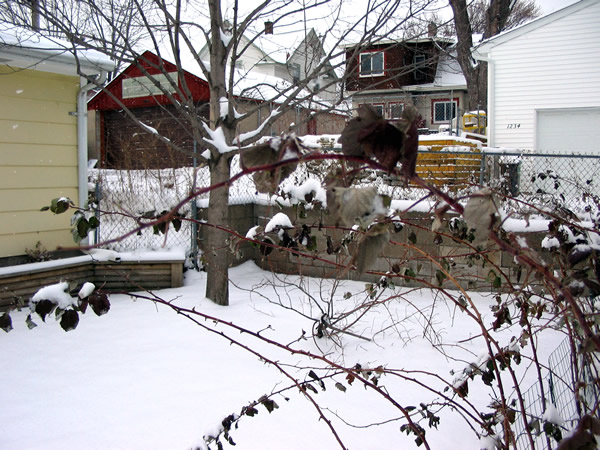Server 'myserver' is not configured for RPC
Problem
On a Microsoft SQL Server 2005 installation with a linked server
configured to "myserver" (which happens to be 2000), execution of a remote
stored procedure (EXEC myserver.mydatabase.dbo.mysproc) fails with error:
Msg 7411, Level 16, State 1, Line 1
Server 'myserver' is not configured for RPC.

